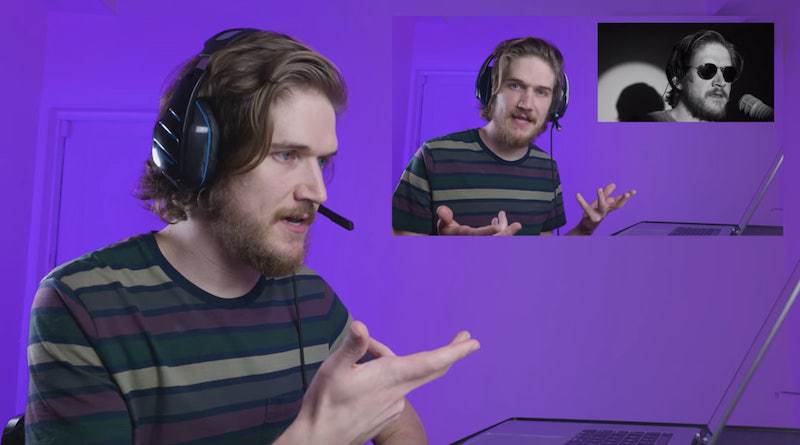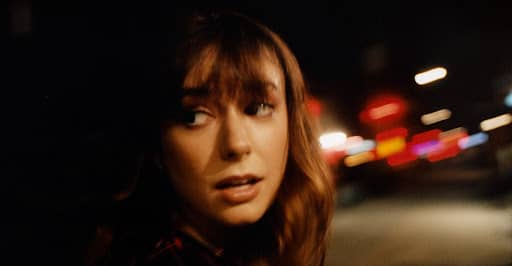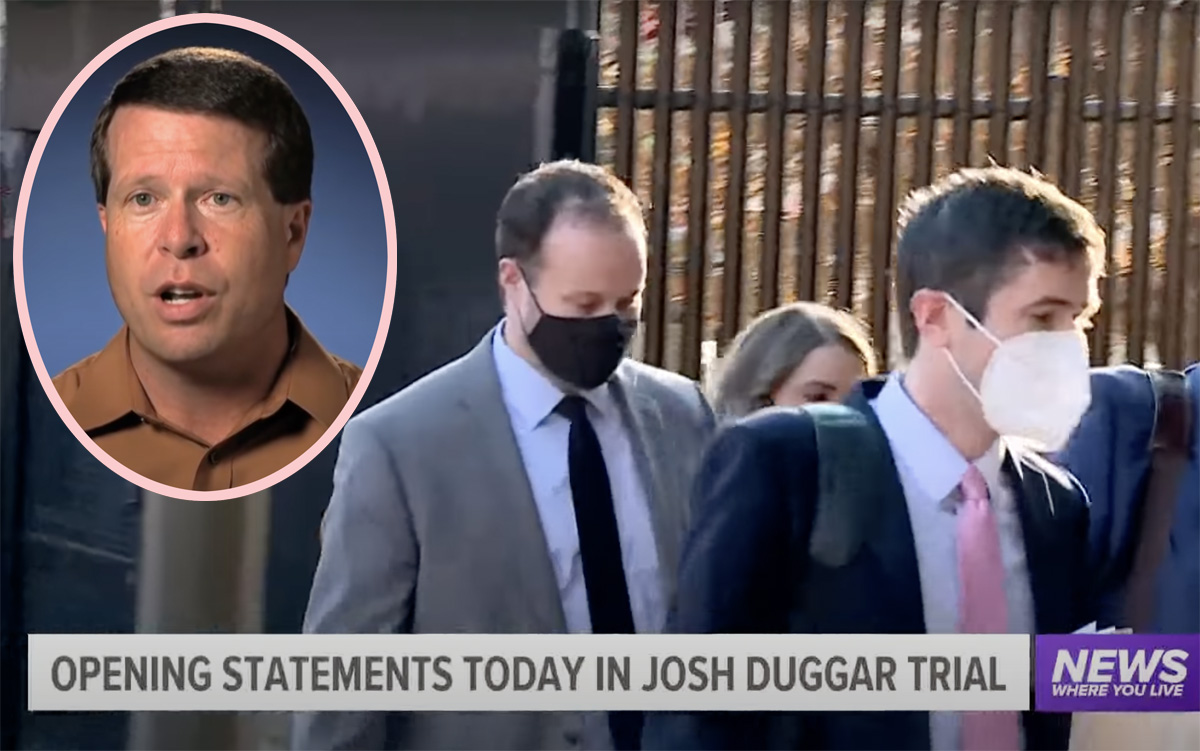#‘Jury Duty’ Showrunner on the Comedy’s True Star: “Ronald Gladden Restored My Faith in Humanity”

Cody Heller admits she was terrified when she began production on the mockumentary series Jury Duty, which features a cast of actors putting on a fictional civil trial in which one single member of the jury is a non-actor — an everyman named Ronald Gladden — who is unaware that everything around him is completely fake. Over the course of three weeks, Heller ran an experimental production in which much of what happens onscreen was designed to follow Gladden as he serves as the jury’s foreman while sequestered with a motley crew of personalities of varying extremes — including Hollywood actor James Marsden, who earned an Emmy nomination for his supporting turn as a heightened version of himself.
Heller spoke with THR to break down how the series found its hero in Gladden, what extensive preparation was needed to pull off the production and why the end result restored her faith in humanity.

JC Olivera/Getty Images
This is such a unique show, so I have to ask: What does a showrunner’s job on something like this look like?
When [executive producers] Todd Schulman, David Bernad, Lee Eisenberg and Gene Stupnitsky came to me with this idea, I was terrified. It sounded so cool, but I didn’t know if I could pull it off. There was something about that fear of failure that ignited something in myself. First of all, I was very lucky. [Executive producer] Nicholas Hatton, who has worked on the Borat movies, is a master at doing this kind of stuff and knows how to make everything work logistically.
We had a 10-week writers room, but if we started production [without the writers], I knew it wasn’t going to work. This was going to be a fluid, constantly evolving thing — we wouldn’t have scripts to follow. We’d be working with a “real person,” and we’d have to react and adjust every day based on his decisions. One of the first things I did was fill the writers room with as many potential performers [as possible]. The intention was that they wouldn’t be just in the room, but they would be there throughout the whole production. With the exception of two writers, everyone in the writers room was a character on the show. That was a big part of why we were able to be successful.
Did you work with casting director Susie Farris in finding writers who could also act on the show?
Susie did the most, and her nomination is so well deserved. She knocked it out of the park. I’ve never seen an ensemble that strong. We hired writers based on their scripts, but I did make sure that most of them were also open to being performers. We didn’t guarantee it at the beginning. Once the audition process started, I was like, “I want everyone who wants to audition to audition, because I want as many of you guys to be on the show.” I got so lucky because it’s such an abundance of talent. And Susie found such incredibly talented people — I mean, that’s a tall order, to find people who are that talented at improv, can hold it together for three and a half weeks and happen to be not famous enough that they’re immediately recognizable.
How was Ronald Gladden cast?
[Executive producer] Alexis Sampietro — she’s fucking amazing. She needed to find someone who could do this for three and a half weeks and believe it, and he also had to be a good guy. We always intended this to be a hero’s journey; we never wanted to make fun of someone or embarrass them. Alexis interviewed more than 2,500 people, and she just has a way of asking questions and getting to the heart of someone. And Ronald just went above and beyond — he exceeded my expectations. I mean, him showing Todd A Bug’s Life or taking him on a makeover — that wasn’t scripted, that was all Ronald. I say this a lot, but Ronald Gladden restored my faith in humanity. And then the AMPTP crushed it back down.
I was on the edge of my seat when I watched the finale. I can only imagine how tense it was before you revealed it all to Ronald.
We were terrified. Everyone for real fell in love with Ronald during it; we say this in episode eight, but the actors still keep in touch. Ronald is an amazing guy, and we all cared deeply about him. We never wanted to put him in a bad light or make fun of him. Regardless of all of that, finding out that the past three and a half weeks of your life had been fake? That’s potentially scary. His mental health always came first; we had check-ins with an on-site psychologist that he thought everyone in the documentary was having.
One scene that really touched me was when James Marsden destroys Ross’ birthday cake. It really upset Ronald, so much so that Marsden leaves to buy a second cake to make amends.
Marsden is so funny, talented and willing to make fun of himself — willing to sit for hours at a time in a court room with nothing happening in order [for Ronald] to buy the reality. He cared so much about Ronald, and he was always making sure that Ronald was OK. The whole ensemble was like that, but Marsden really was always conscious of that. Ronald really did get upset [about the cake], rightly so, because he was protective of his other jurors. And he was like, “What the fuck Marsden?” We didn’t want him to be in a state of negativity. We wanted to bring him back on board and get him back into a good time.
How did you plan for such pivots?
Initially, we had eight-page outlines [for episodes], and on day one, when we started shooting, we realized we had to rethink the whole thing. At the end of every day, we’d create a beat sheet of what we accomplished that day and what needed to happen [the following day] for the main storylines we had planned to work. If a performer happened to have a great moment with Ronald in front of the camera, great. But we had a priority list of things that absolutely needed to happen. It was constantly evolving and fluid, and that’s what made it so exciting. It wasn’t like a normal set, where you’re sitting there at video village calling out “action.” It was an adrenaline rush of ups and downs, the most exciting, amazing thing in the word. The pressure was that intense.
Did you get any sleep in those three weeks?
Nightmares every night. (Laughs.) But it was exhilarating. I remember driving to the courthouse every day and thinking, “Oh my God, I am doing what I’m supposed to be doing with my life, and I feel so fulfilled.” We really did create this amazing family, and for the show to have blown up like it did makes me so happy — not for me, but for all the people that worked so hard to make this crazy thing.
This show is the perfect example of why writers and performers are so important, particularly amid this double strike.
[Artificial intelligence] can’t make a show like this — it’d be impossible. That’s the whole point of the human experiment in it. This show exemplifies the reasons why we are striking. My mom’s an actress, and she came up in a time where you could afford to be a middle-class working actress. That has disappeared. It’s the same with writers; there are the one-percenters who make a ton of money, but there’s no middle class anymore. I really hope we can reach a fair deal here, because everyone wants to get back to work.
Interview edited for length and clarity.
This story first appeared in an August stand-alone issue of The Hollywood Reporter magazine. To receive the magazine, click here to subscribe.
If you liked the article, do not forget to share it with your friends. Follow us on Google News too, click on the star and choose us from your favorites.
For forums sites go to Forum.BuradaBiliyorum.Com
If you want to read more Like this articles, you can visit our Social Media category.




